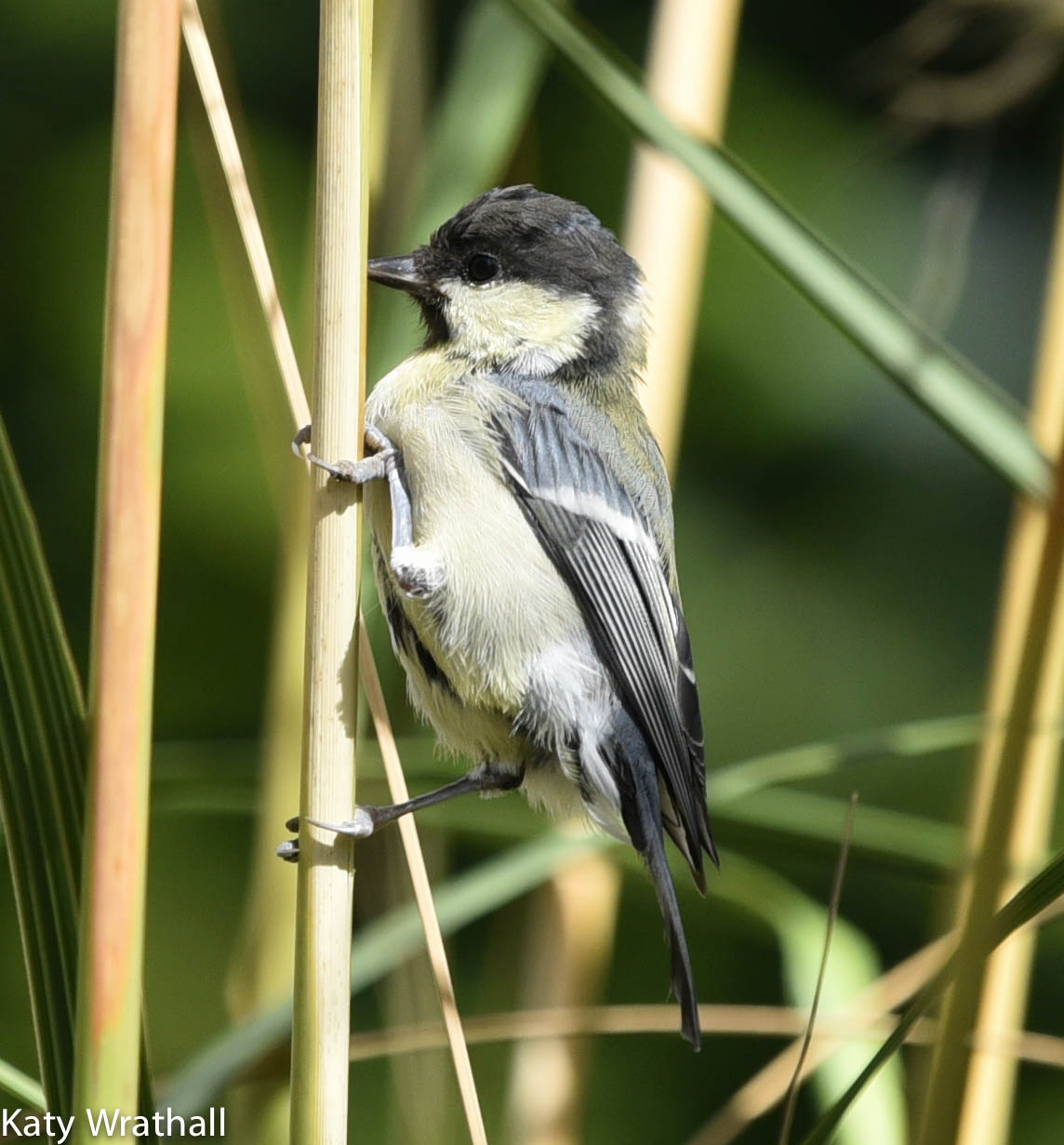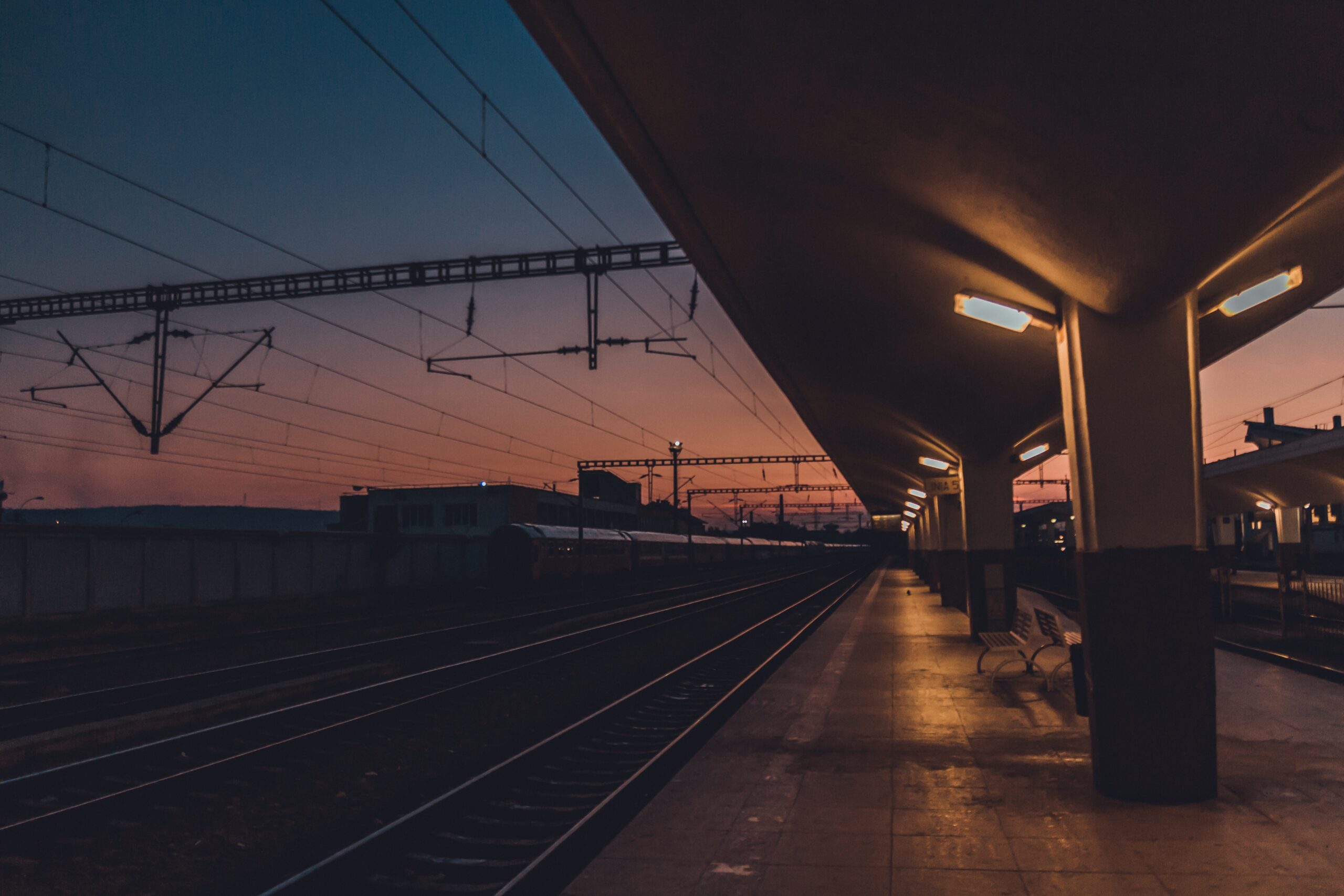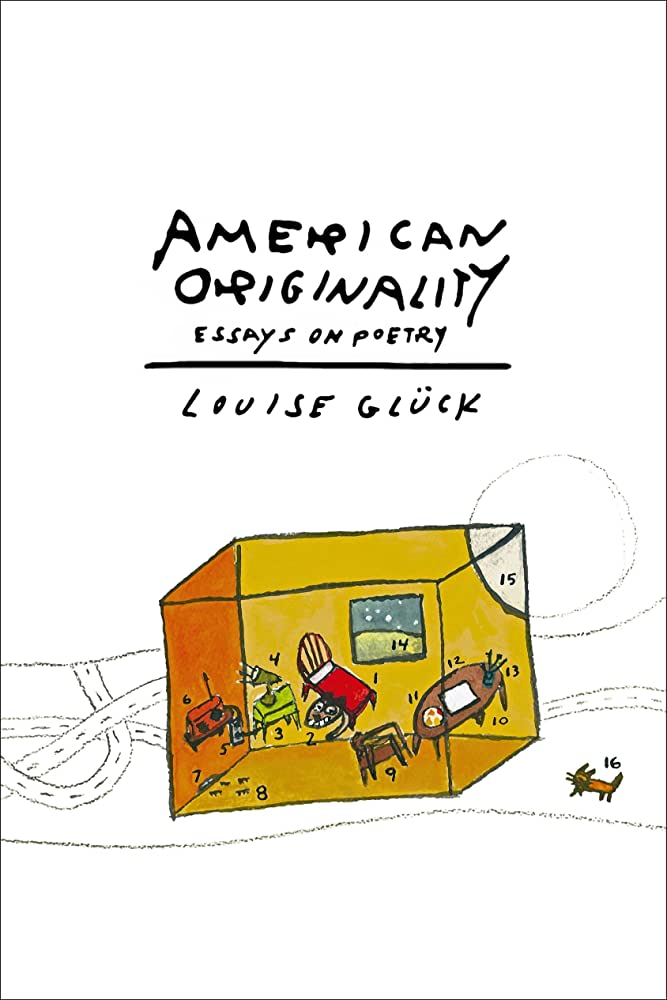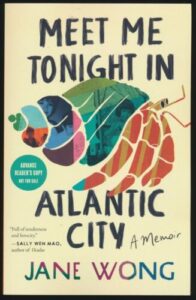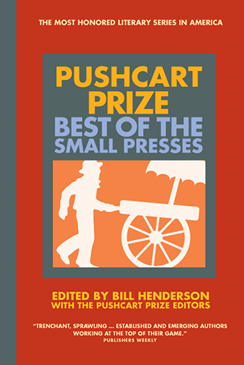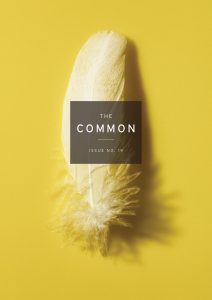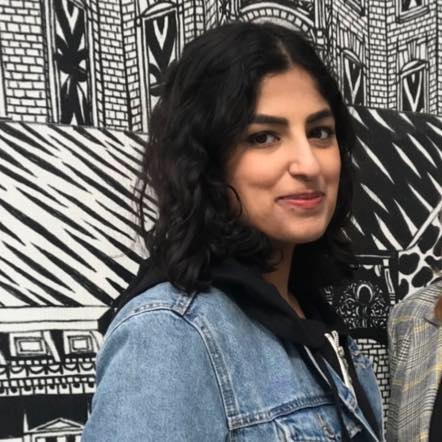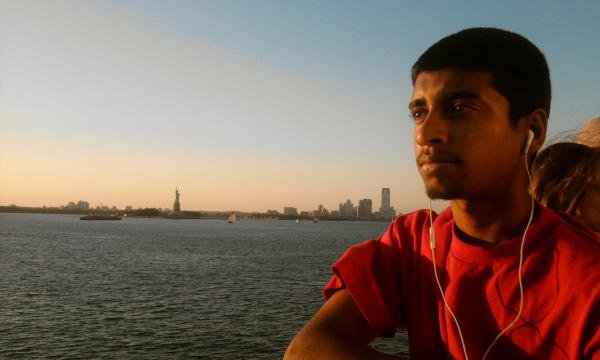Amanda Mei Kim speaks to managing editor Emily Everett about her essay “California Obscura,” which appears in The Common’s most recent issue, in a portfolio of writing and art from and about the immigrant farmworker community. Amanda discusses how the essay changed and developed over many drafts. The finished piece explores her childhood growing up on her parents’ tenant farm in Saticoy, California, just north of Los Angeles. It also examines the long history of farmworker resistance and labor movements in the area, which crossed divides of race, ethnicity, and origin.


